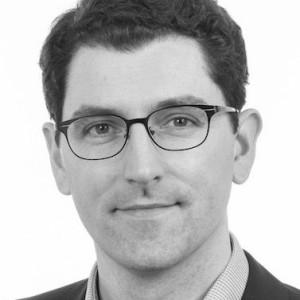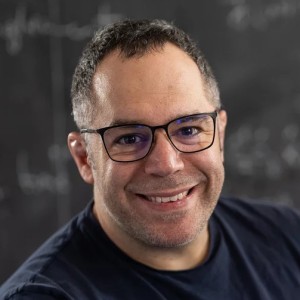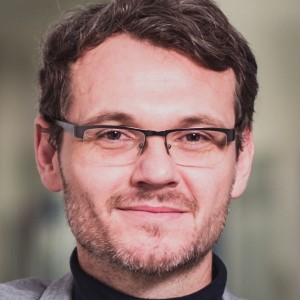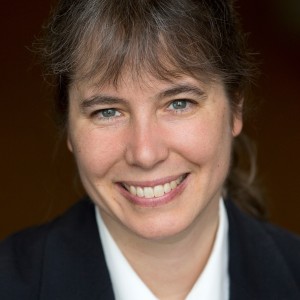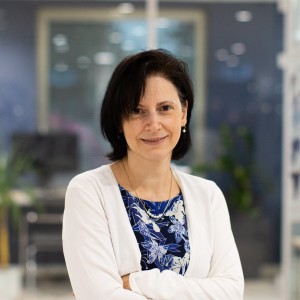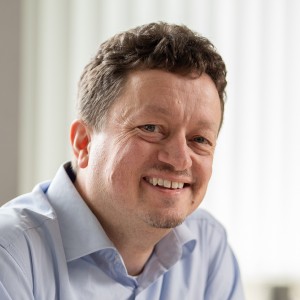During the last few years, different disciplines across quantum science have developed common interests. Fields such as high-energy physics, quantum gravity, and cosmology, or quantum chemistry are establishing deep and exciting connections with the areas of quantum science and technology. Entanglement is the bridging element and provides an innovative view of some of the most fundamental problems in these respective fields.

The possibility of quantum simulation of problems from high-energy physics has been postulated, and tensor network algorithms are taking off in that area as well, providing novel computational tools to study now also strongly interacting systems under extreme conditions typical for high-energy physics problems. Tensor networks have also been used in the explicit construction of models displaying the basic features of the anti-de Sitter/conformal field theory (AdS/CFT) correspondence.
Concepts from quantum information theory such as scrambling or information loss are giving novel perspectives to problems in quantum gravity. New theories describing black hole physics build upon analogies between black holes and critical quantum systems known from condensed matter or atomic physics. Furthermore, technologies developed in atomic and laser physics during the last thirty years have led to extremely precise spectroscopic techniques.
These are used, for example, to test fundamental theories in physics in table top experiments by, for instance, employing the electric dipole moment of the electron, or by measuring the effective radius of the proton with unprecedented precision.
Quantum chemistry has successfully characterized the chemical properties of molecules and chemical reactions, using a rich variety of methods. However, correlation effects still represent a major challenge. Recently, ideas from quantum information and simulation have been combined with more traditional methods, making first inroads into that challenge.
The deep insights provided by models of high-energy physics, quantum gravity, cosmology and quantum chemistry will in turn help to advance other areas of quantum science. This cross-fertilization between different fields is just at its beginning and is likely to lead to new discoveries revolutionizing many fields of science.
The cluster will explore new frontiers in areas that, although traditionally not connected to Quantum Information, nevertheless are currently taking up concepts and methods from quantum information, which may lead to a strong impact in physics. MCQST will include collaborations and connections to scientists working on High Energy Physics, Cosmology, or Chemistry.
RU-G Coordinators
Active Members in RU-G
Mari Carmen Bañuls
Tensor Networks and Quantum Many-Body Systems
Equal Opportunity Manager
RU-B Co-coordinator












